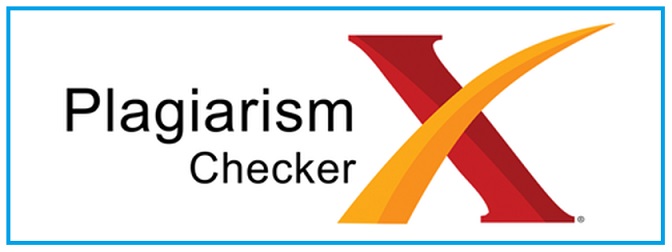CULTURAL LITERACY IN EDUCATION: STRENGTHENING CHARACTER THROUGH TRADITION
Keywords:
Cultural Literacy, Character Education, Local Traditions, Culture, Contextual LearningAbstract
This research aims to find out how the role of cultural literacy in the world of education can strengthen students' character through active involvement in local cultural traditions and practices. Using a qualitative approach, data was collected through literature studies (books and journals) as well as direct observation in several schools that had integrated elements of local culture in learning activities. The results showed that the introduction of local cultures, such as traditional ceremonies, traditional arts, folklore, and local wisdom, not only increases students' knowledge of their cultural identity, but also shapes positive attitudes and character values. Students become more accustomed to working together in groups, respecting differences, showing a sense of responsibility for assignments, and having more respect for parents, teachers, and the surrounding environment. Local traditions that are introduced contextually and interactively in learning have been proven to be able to foster a sense of pride in their own culture, as well as fortify students from the negative influence of outside cultures that are not in line with the noble values of the nation. This study suggests that schools, especially in areas with rich culture, be more proactive in integrating cultural literacy into the learning curriculum, both through formal subjects and extracurricular activities. In this way, education not only plays a role in transferring knowledge, but also becomes a strategic vehicle in the formation of the character of the younger generation who are moral, identity, and culturally insightful.







